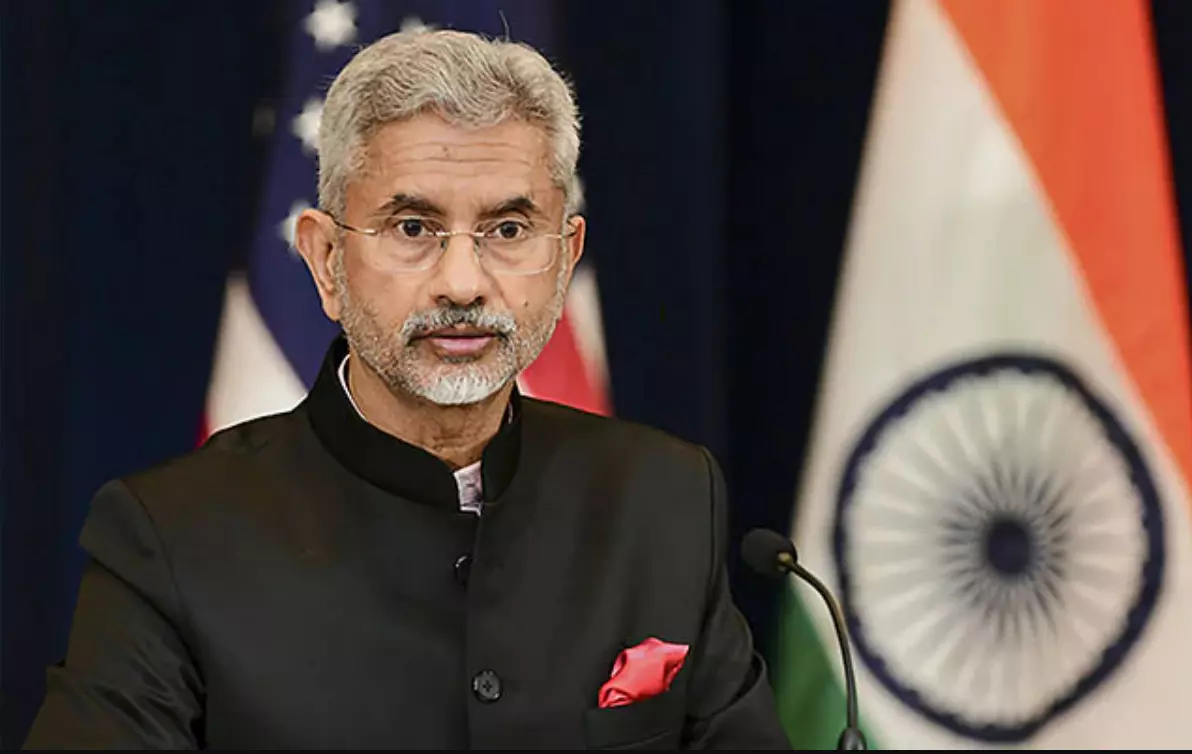Shrouded in opacity

The recent sentencing of eight former Indian naval officers to death by a Qatari court has sent shockwaves through the diplomatic corridors of India, and left its people aggrieved. The lack of transparency surrounding the exact charges and case details, even five days after the verdict, has left the world in the dark. The individuals in question were reportedly employees of Dahra Global Technologies and Consultancy Services, a private firm providing training services to Qatar's armed forces. Reports suggest that the primary charge against them was spying for Israel. However, the Indian government is seeking detailed judgement of the case while maintaining a close touch with the family members and the legal team. The death sentences handed down have undoubtedly strained the relations between India and Qatar. This incident comes at a time when the two nations hold starkly different positions on the Israel-Hamas conflict. It may be noted that diplomatic tensions between the two nations have flared in the past as well, such as during the Nupur Sharma controversy last year, where Qatar accused India of Islamophobia, leading to the summoning of the Indian ambassador in Doha and demands for an apology. These incidents are not isolated, as India and Qatar have seen their fair share of disagreements over the past few years on several occasions. However, it is essential to emphasise that these disputes do not define the overall bilateral ties between the two nations. In fact, India and Qatar share robust strategic, defence, trade, and diasporic connections. In the fiscal year 2022-23, India's imports from Qatar amounted to USD 16.81 billion, with a substantial portion attributed to LNG imports, accounting for 49.5 per cent of this total. Furthermore, the India-Qatar Defence Cooperation Agreement, signed in 2008 and extended for the last time in November 2018, underscores the commitment to strategic collaboration between the two nations. The diasporic bonds between the two nations are also significant, with around 7 lakh Indians living and working in Qatar, making substantial contributions to both the Qatari and Indian economies. Cross-country investments further highlight the strength of this relationship. Qatar, in particular, has made significant investments in India. Apart from these routine ties, it may be recalled that India went against the tide to support Qatar with its assistance in airlifting essential supplies as a gesture of goodwill and cooperation when the fellow Gulf Cooperation Council (GCC) members imposed a blockade on Qatar. Given the gravity and sensitivity of the situation, it is expected that India will employ all available diplomatic means to nullify the death sentence imposed on its citizens. While Qatar's judicial system does allow for appeals against such sentences, the Indian government has several additional options at its disposal. These include filing a mercy petition with the Emir of Qatar, seeking the activation of the Transfer of Sentenced Persons agreement, and potentially resorting to the International Court of Justice if the case merits such a step. Reassuringly, India's External Affairs Minister has already affirmed the government's unwavering commitment to making every conceivable effort to secure the release of the convicted officers. However, this case presents a true test of the finesse and skill of Indian diplomacy, as the government navigates the complex channels to achieve a favourable resolution. To sum up, the recent sentencing of eight former Indian naval officers to death by a Qatari court on charges of espionage for Israel has strained India-Qatar relations. Despite their differences, the two nations have a long history of cooperation, which calls for a diplomatic and judicious resolution to this challenging situation. India's diplomatic efforts will undoubtedly play a pivotal role in determining the outcome of this case, as both nations work towards preserving their significant bilateral ties.



